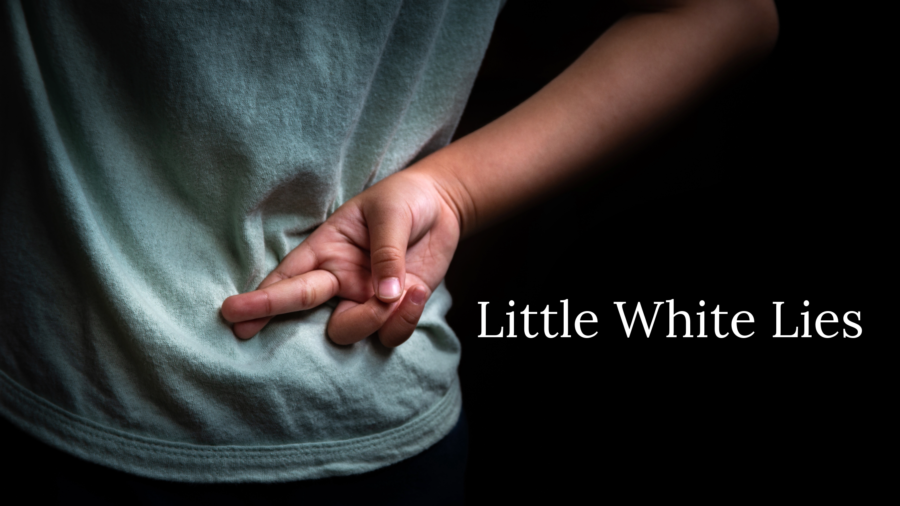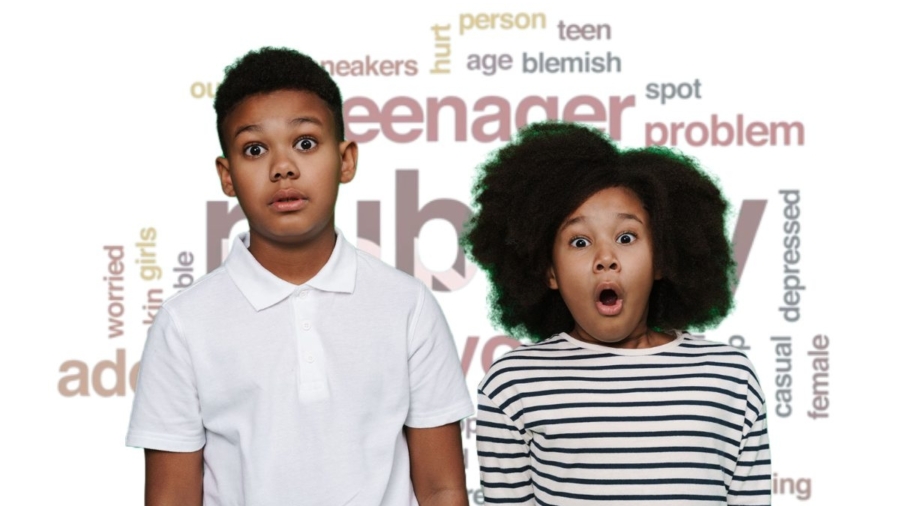If you are a parent who is worried about your child lying a lot or who would like to keep this from happening, take 5 minutes to learn why kids lie and how to stop them before it becomes a habit.
Most of the parents at a recent workshop I conducted, asked about how come their kids, some as young as 4 years old, have started to lie. Each had their own perspective and a genuine concern for their child.
It’s natural that few things can be as unsettling for parents as discovering that your child has lied to them, leaving them feeling upset, confused, angry, or unsure of how to respond. But before you jump to conclusions, it’s important to understand that lying is a normal part of a child’s developmental process.
It may appear ‘cute’ at first when a toddler with a mouthful of chocolate responds with a ‘No’ when asked if they had chocolate. The laughter on the faces of others around them serves as subtle validation. The occasional lie from a youngster is generally accepted with a shrug and a knowing smile. It starts to get complex from here on.
As children grow and develop, they are constantly learning about the world around them, including the complex realm of social interactions. Lying, in its various forms, is often a tool they use to navigate this intricate social landscape. In their journey of self-discovery, they often find themselves entangled in the complexities of truth and falsehood.
Understanding the Different Stages of Children’s Lies

Early Childhood: Experimentation and Curiosity
Children may lie in their early years out of curiosity and experimentation. They are testing the boundaries of what is acceptable, trying out different personas, and exploring the consequences of their actions.
School Years: Managing Social Dynamics
When children start school, they may resort to lying in order to avoid social shame, protect their friends, or avoid punishment. They may also lie in order to get approval, boost their self-esteem, or manipulate situations to their advantage. Children who use a people-pleasing strategy are more inclined to lie in order not to upset others’ feelings or to become favorites.
Adolescence: Struggling with Identity and Emotions
Lying becomes more nuanced and intentional during adolescence. Teenagers may lie in order to safeguard their privacy, establish their independence, or avoid awkward conversations with parents or authority figures. It could also be to conceal undesirable behaviors or to protect the company they are in.
Adolescence: Struggling with Identity and Emotions
Lying becomes more nuanced and intentional during adolescence. Teenagers may lie in order to safeguard their privacy, establish their independence, or avoid awkward conversations with parents or authority figures. It could also be to conceal undesirable behaviors or to protect the company they are in.
Understanding Parent Reactions: The Impact of Overreaction and Judgment
A parent’s reaction to a child’s lie can significantly impact the child’s future behavior. Overreaction, judgment, and using the lie as ammunition in future arguments can create an environment where children feel afraid to be truthful. Instead, they may resort to lying as a means of self-preservation, shielding themselves from the perceived negative consequences of honesty.
Bursting A Bubble- Parents may believe that they are mindful of their words and actions while dealing with their child, thanks to conscious parenting but here’s where most parents or adults go wrong while catching their child red-handed:
- Mismatched words and expressions: Remember, children observe us more than they listen to us. So, while parents may sound calm, their wide eyes, raised brows, and flushed faces may give away their true emotions.
- Inconsistency in consequences: Children lack the discretion to understand whether they broke a more valuable item or made a worse error. They may not understand why their parents ignored one mistake but reacted to the other.
- Do not move on: Parents constantly keep on bringing up the incident in future arguments, preventing your child from moving past that mistake.
Tips for Parents: Fostering Open Communication and Building Trust
- Create a Safe Space for Open Communication: Encourage your child to talk to you about anything, without fear of judgment or punishment. Let them know that you are there to listen and support them, even if they make mistakes.
- Focus on Understanding, Not Just Correcting: When your child lies, focus on understanding the reason behind the lie rather than simply reprimanding them. This will help you address the underlying issue and prevent similar situations from recurring.
- Model Honesty and Integrity in Your Own Actions: Children learn by observing the behavior of those around them. Be mindful of your own actions and ensure that you are setting a positive example of honesty and integrity.
Tips for Educators: Creating a Supportive Learning Environment
- Establish Clear Expectations and Rules: Clearly communicate school expectations regarding honesty and integrity. Discuss the consequences of lying and help students understand the importance of being truthful.
- Promote a Positive Classroom Climate: Create a classroom environment where students feel comfortable and respected. Encourage open communication, active listening, and empathy among students.
- Teach Emotional Intelligence: Incorporate lessons on emotional intelligence, helping students identify and manage their emotions constructively. A child equipped with emotional awareness is more likely to make the right choices.
- Address Lying in a Constructive Manner: When a student lies, address the issue in a calm and supportive manner. Focus on understanding the reason behind the lie and work together to find alternative solutions.
The Journey Towards Truthful Communication
Remember, fostering open communication and building trust with children is an ongoing process that requires patience and understanding. By creating a supportive environment and providing positive guidance, we can help children develop the social and emotional skills necessary to navigate their relationships and make honest choices.








